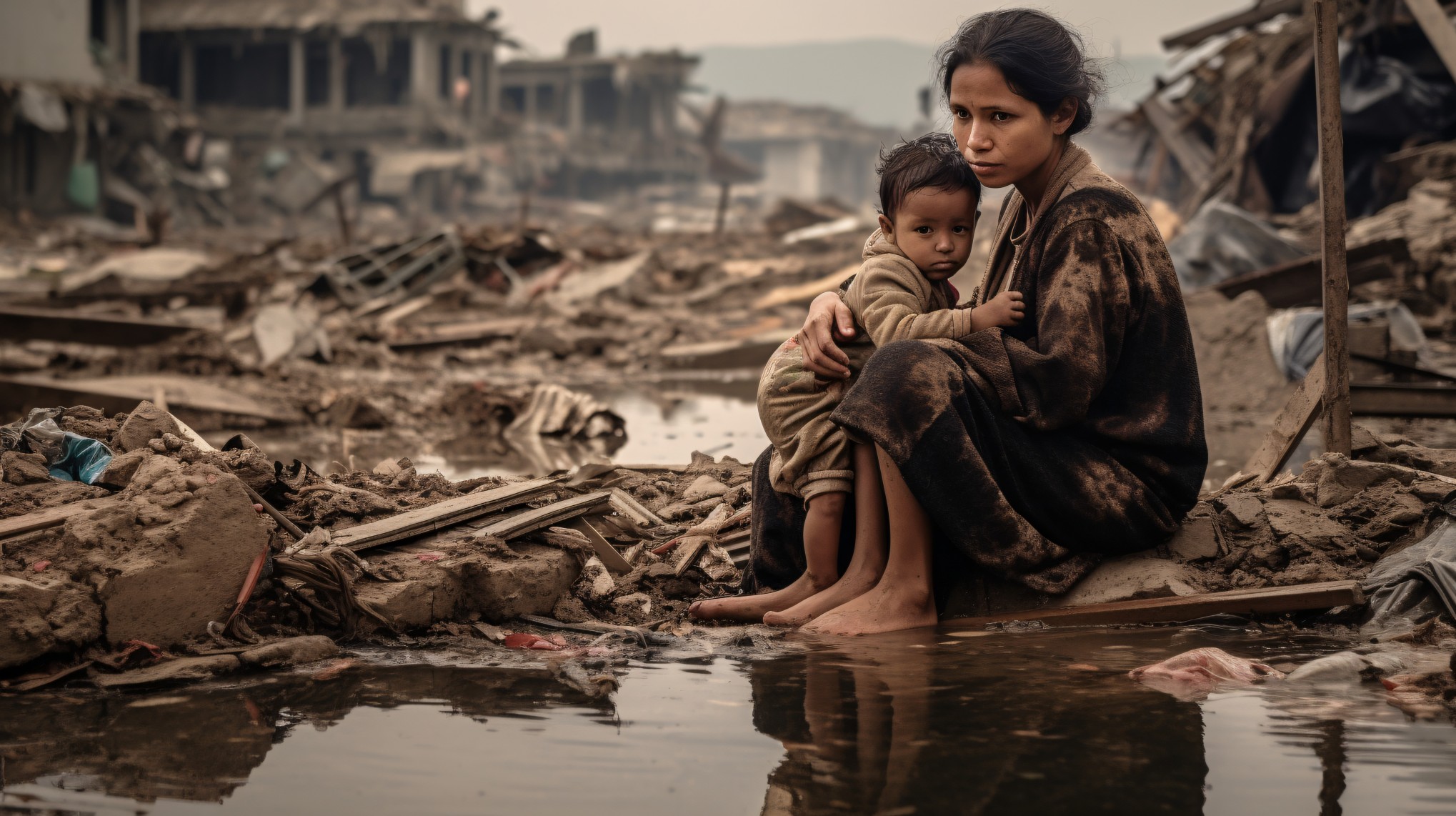
Heavy Rain, Flooding, and Chance of Severe Weather Staring Down the Southern U.S.
January 22, 2024
Posted: September 20, 2023 9:45 am





It has been just over a week since Storm Daniel dumped heavy rain across the Mediterranean and beyond, unleashing a deadly flooding event in Libya. While the full scope of the disaster is still unclear, the situation in the torn country is becoming more dire with every passing day. Here is the latest on the crisis in Libya.
Local and International officials are having a difficult time coming to an agreement about the official death toll. This number has fluctuated on a daily basis as more information is processed. The latest fatality count from the United Nations (UN) sits at just under 4,000 deaths. However, this number does not take into account the thousands that are still reported to be missing. It could be weeks or even months before officials arrive at an accurate number.
The flooding overtook the eastern city of Derna last Sunday. The primary culprit for the flooding was heavy rain that triggered the collapse of two dams, sending the rushing water through the streets and essentially splitting the city in half. Entire neighborhoods were picked up and sent out into the Mediterranean Sea due to the power of the rushing water.
The immediate search for survivors is now nearing an end but the tragedy is far from over. Residents of Derna are now dealing with a host of additional problems including waterborne diseases and old landmines that were displaced by the flooding.
Tensions are high in Derna as citizens blame government leaders for the failure of the dams to contain the water. Monday was a day of widespread protests across what was already a politically divided country.
Protesters set fire to the home of the mayor of Derna, Abdulmenam al-Ghaithi, on Monday evening. In addition, protesters gathered outside of the famous Sahaba Mosque expressing their anger.
In addition to the confirmed fatalities and presumed dead, the UN International Organization for Migration (IOM) said that over 30,000 people have been displaced as a result of the natural disaster.
Derna îs a city of about 100,000 residents that sits in the northeastern corner of the country along the coast of the Mediterranean Sea. This city is about 190 miles from Benghazi, distinguished as the second largest metropolitan area in Libya behind Tripoli.
Complicating the recovery efforts is the fact that Derna’s hospitals are no longer operational. Dead bodies have been left on sidewalks because the area morgues are all at capacity.
Also complicating the recovery process is the political unrest and instability in Libya. The country has been locked in gridlock since dictator Muammar Gaddafi was brought down in 2011. A civil war that started in 2014 split the nation in two with the competing parties still battling for control.
The UN supports the Government of National Unity (GNU). Led by Abdulhamid Dbeibeh, the GNU is headquartered in Tripoli in the northwestern corner of the country. Conversely, the rival government known as the Libyan National Army (LNA) is led by commander Khalifa Haftar and supports the parliament government in the eastern portion of Libya.
Particularly problematic as it relates to the flooding crisis is that Derna and the nearby areas impacted by the extreme weather are controlled by Haftar, a government that is not supported by the international community. The recent protests allege that leaders did not provide adequate warning to the residents of Derna about the impending storm and that officials did not react appropriately in the immediate aftermath.
LNA officials have acknowledged that they were not prepared for a natural disaster of this magnitude.
Although many countries have stepped up to provide aid, there is confusion about where to send the resources. For instance, countries such as Egypt, Turkey, and Algeria have to decide whether to send the aid to either the capital city of Tripoli or directly to the rival government in Benghazi. Most aid has been sent to Benghazi because of its close proximity to Derna despite this government not being recognized and supported by the UN.
Did you find this content useful? Feel free to bookmark or to post to your timeline for reference later.

January 21, 2024

January 19, 2024

January 18, 2024